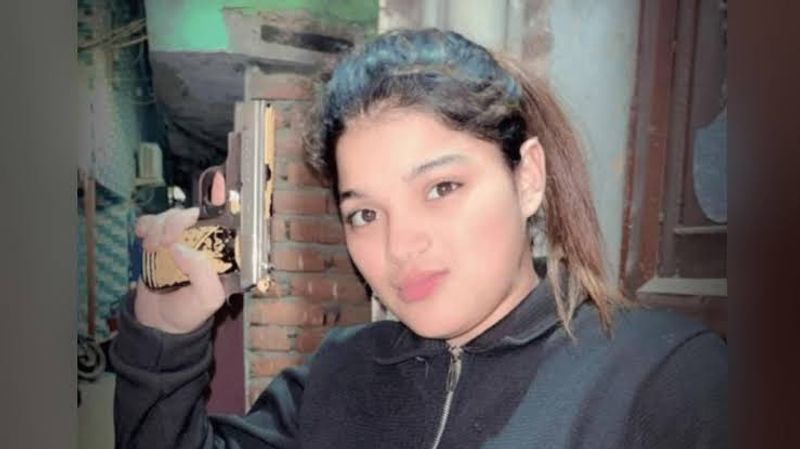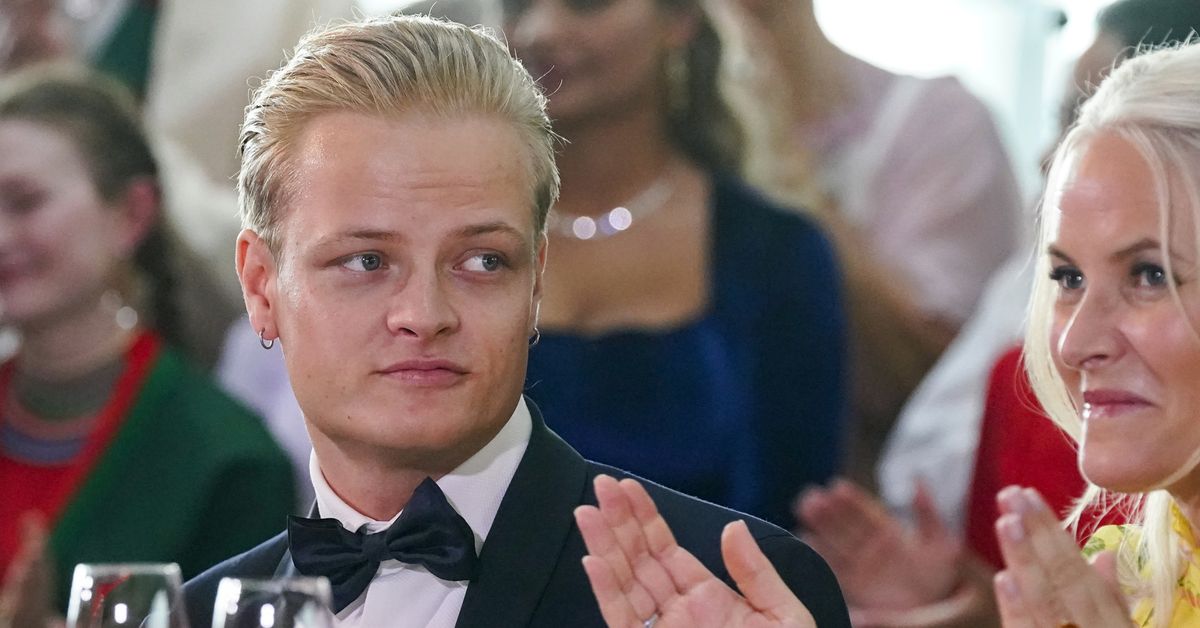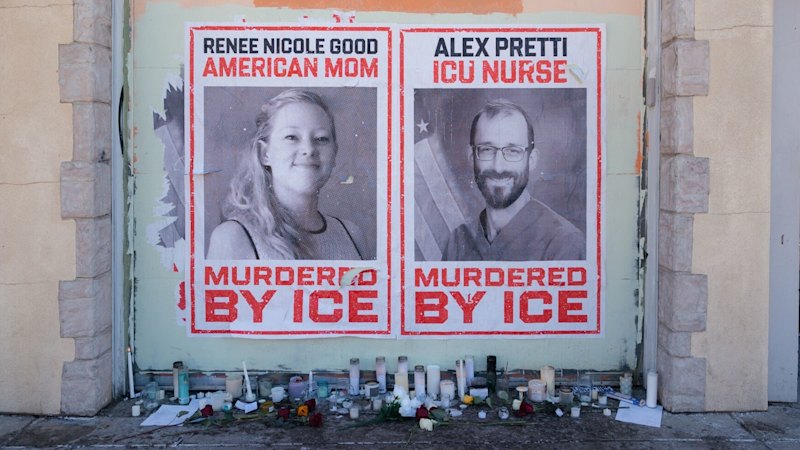
On the dusty streets of Delhi, fear doesn’t always come in the shape of a broad-shouldered man with a pistol. Sometimes, it wears a saree or salwar kameez, lines its eyes with kohl, and carries a name whispered like a curse. The brutal stabbing of a 17-year-old boy on April 17 laid bare this new reality. As three attackers pounced on their victim, a 19-year-old woman stood motionless nearby — Zikra Khan, the notorious “Lady Don” of Seelampur.
Women like Zikra have moved from the fringes to the forefront of Delhi’s criminal underworld. Gone are the days when police files featured only male gangsters. Today’s crime lords include women running drug empires worth crores, ordering hits, and trafficking women and children. “Women criminals can be colder than men. While male gangsters want to prove themselves, these women focus solely on results,” says a Delhi Police officer.
The Rise of Female Crime Lords
The paths to power for these women vary — some clawed their way up from poverty through petty crime, while others fell for gangsters and inherited empires after their partners were jailed or killed. What sets them apart, the police say, is their ability to weaponize both vulnerability and fear, vanishing into a crowd as an ordinary woman, then reappearing as a shadow in someone’s final moments.
Zikra’s recent murder chargesheet joins a growing dossier on Delhi’s female crime bosses. Among the most feared is Sonu Panjaban, born Geeta Arora, who transformed from a gangster’s widow into the undisputed ruler of GB Road’s flesh trade. Her prostitution ring supplied minors to high-profile clients before multiple arrests under POCSO and trafficking laws brought her down.
Notorious Figures and Their Empires
The next on the list is Zoya Khan, who commanded a drug empire after her gangster husband Hashim Baba’s imprisonment in 2019. The police say she kept the network alive until her arrest with 225 grams of heroin worth nearly Rs 1 crore. Zikra Khan, a former bouncer, specialized in recruiting and training teenage assassins. Her alleged involvement in the teenager’s murder cemented her reputation as one of Delhi’s most dangerous women.
“Their rise proves one thing — in Delhi’s underworld, brutality has no gender,”
a criminologist observes, highlighting the shifting dynamics in the city’s crime landscape.
Historical Context and Societal Impact
The emergence of women in leadership roles within the criminal underworld is not entirely new; however, their increasing visibility and influence mark a significant shift. Historically, women have often played secondary roles in organized crime, primarily as accomplices or victims. The current trend in Delhi reflects broader societal changes where women are breaking barriers in various fields, albeit in a grim context.
Experts suggest that socio-economic factors, including poverty and lack of education, contribute to this phenomenon. In many cases, these women have few legitimate avenues for advancement, pushing them toward the underworld. The police and social workers are increasingly focusing on preventive measures, aiming to provide alternative pathways for at-risk women and girls.
Future Implications and Law Enforcement Challenges
The rise of female crime bosses presents unique challenges for law enforcement. Traditional policing strategies often fail to account for the nuanced roles women play in these networks. Authorities are now re-evaluating their approaches, emphasizing intelligence gathering and community engagement to dismantle these criminal enterprises.
Meanwhile, the societal implications of this trend are profound. The normalization of women in violent roles could have lasting effects on gender perceptions and crime dynamics in the region. As Delhi grapples with this new reality, the focus remains on addressing the root causes and preventing the next generation from following in these footsteps.
As the city continues to evolve, so too does its underworld. The stories of these women serve as a stark reminder that in the world of crime, power knows no gender. The future of Delhi’s streets may very well be shaped by the actions and decisions of these formidable women.






